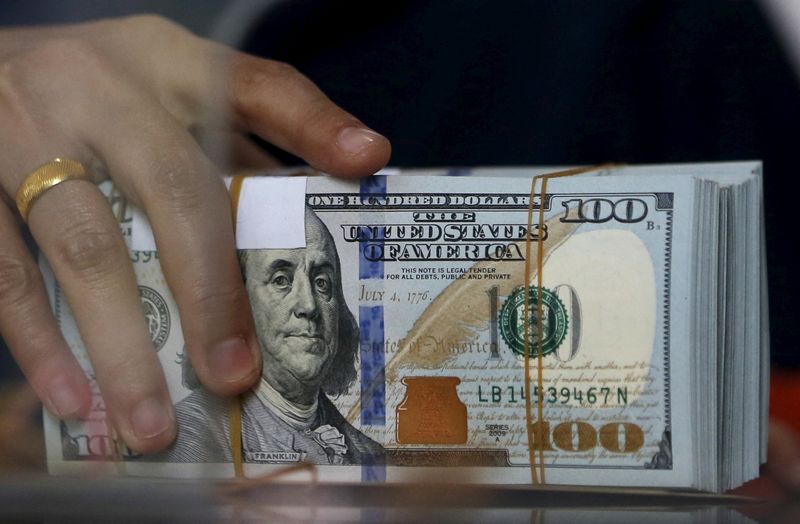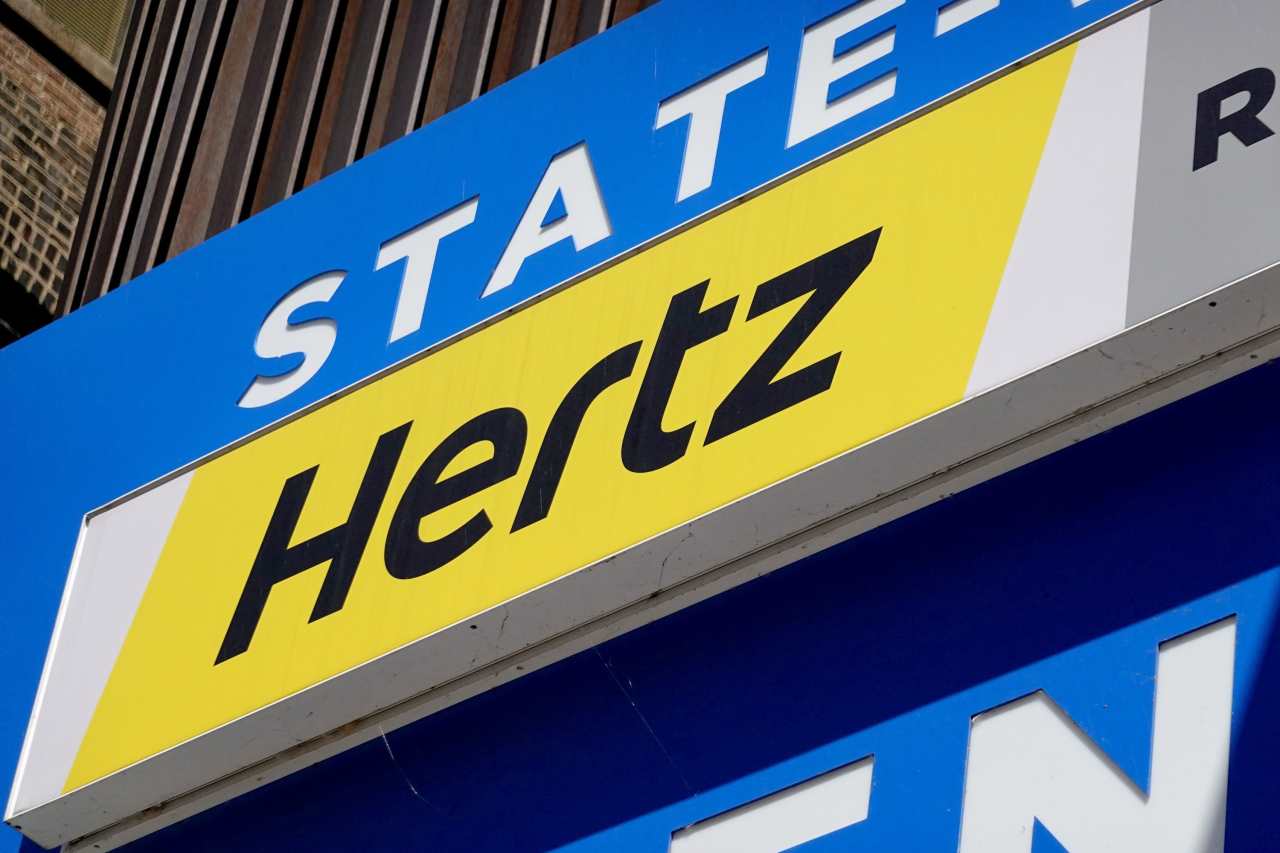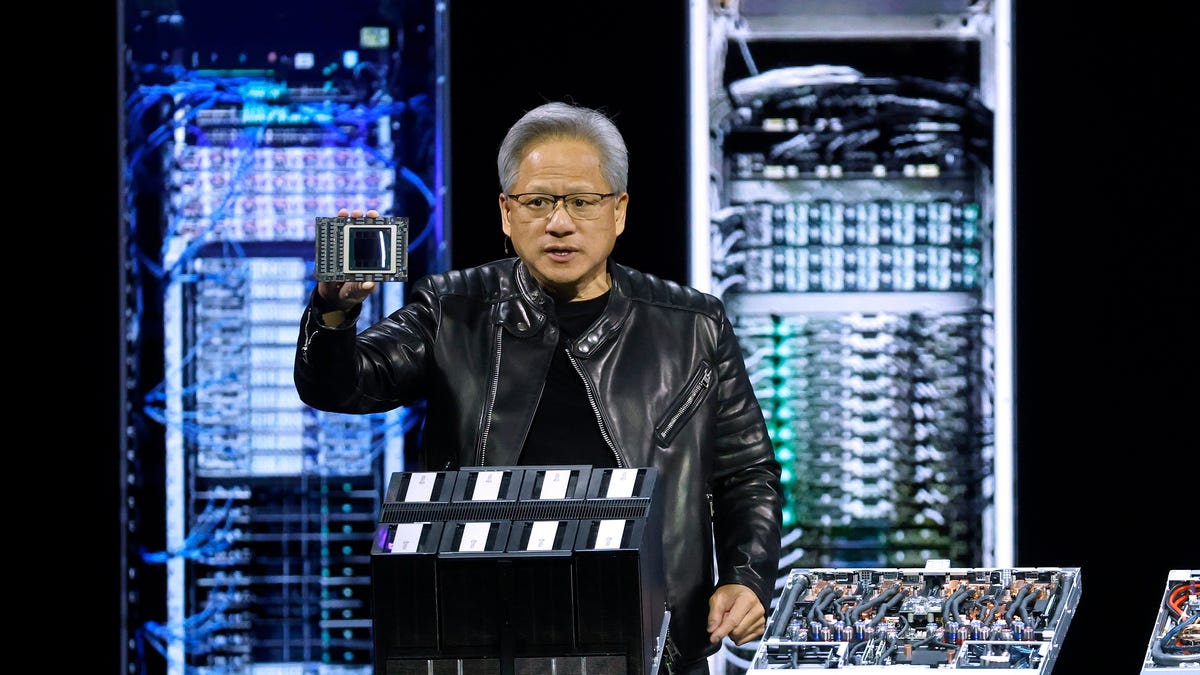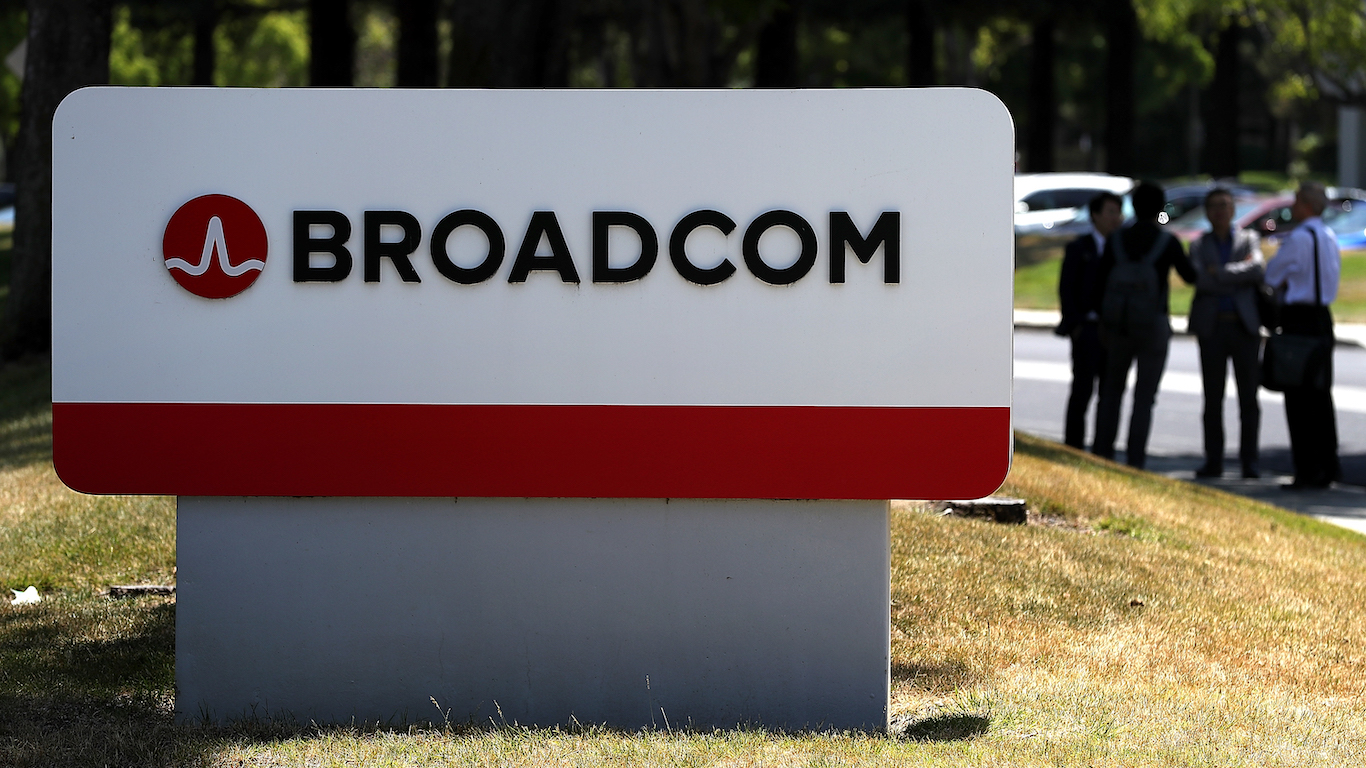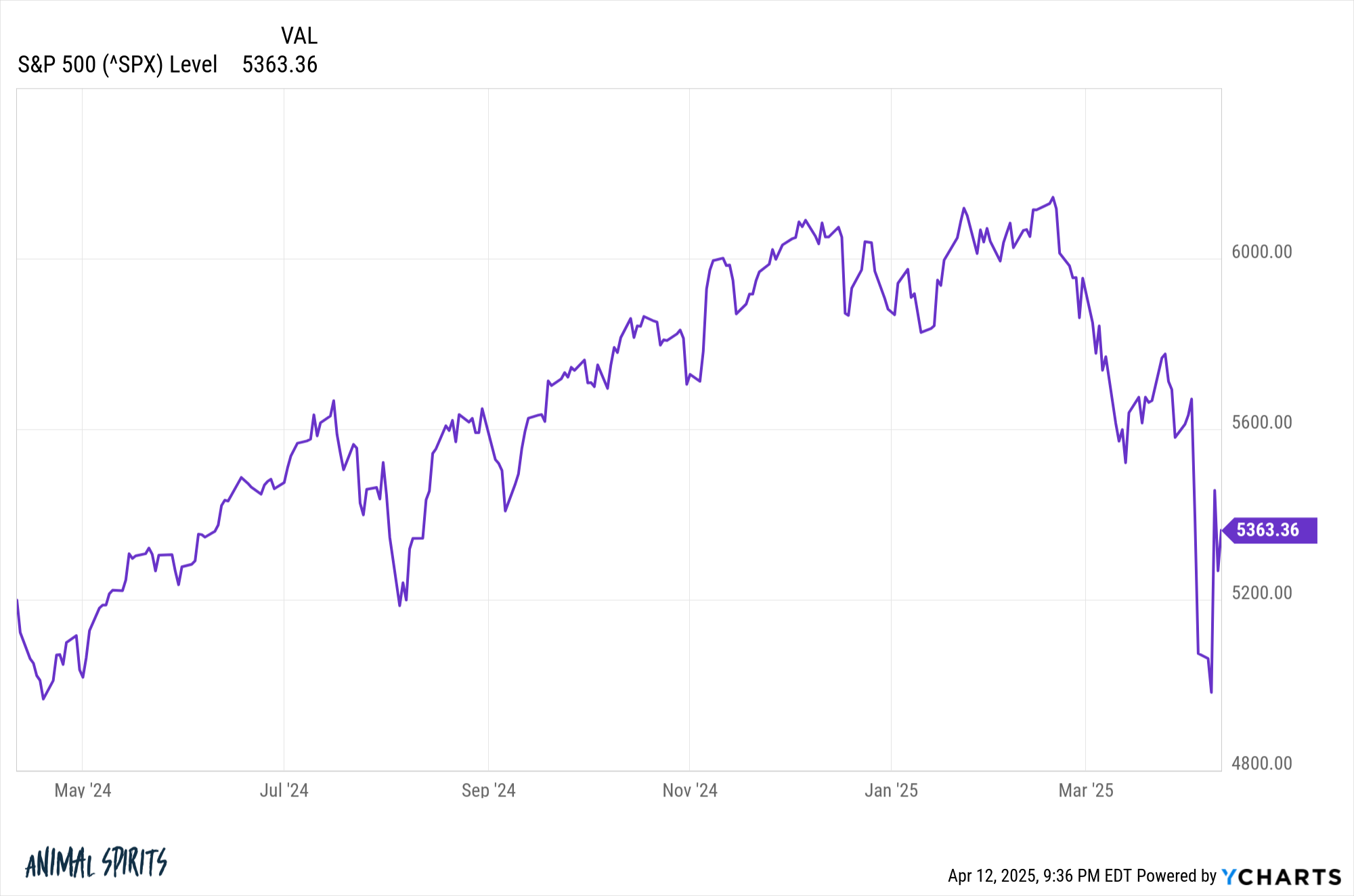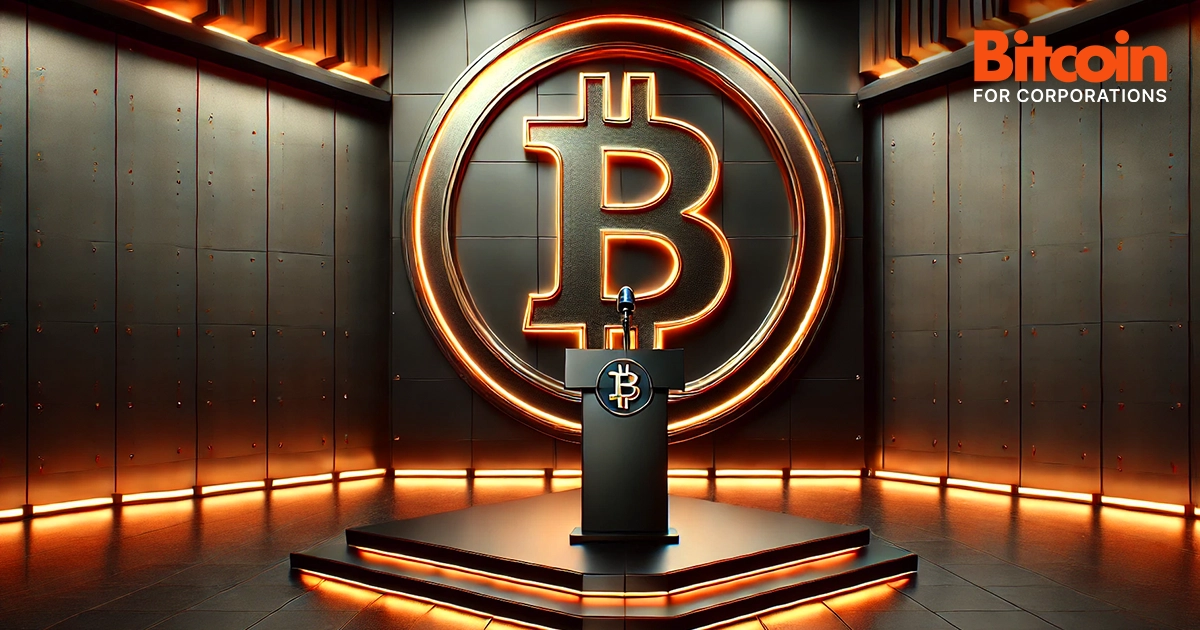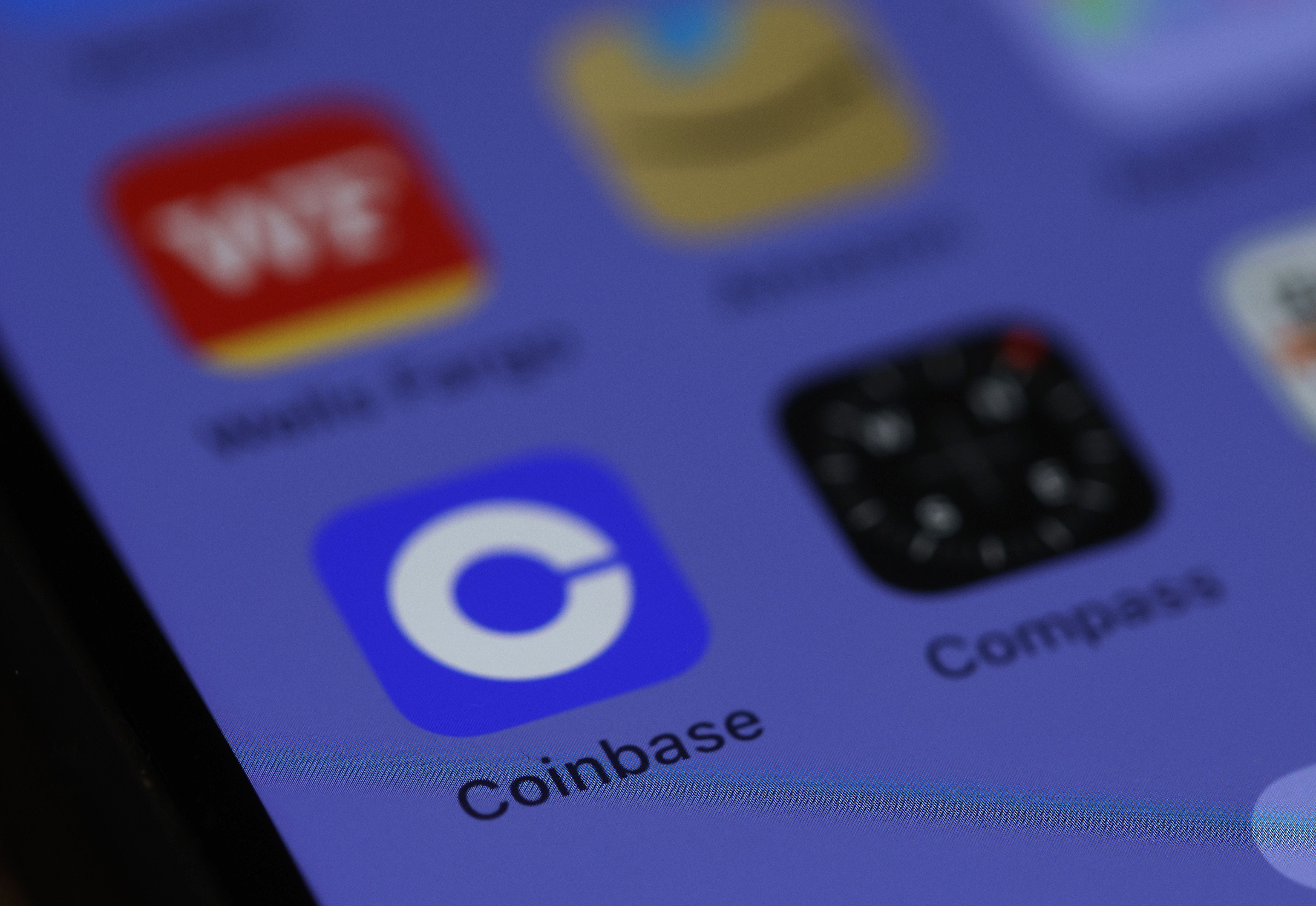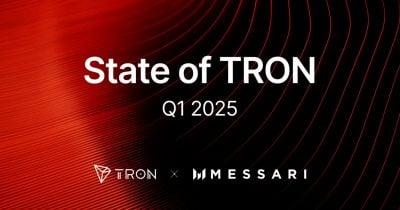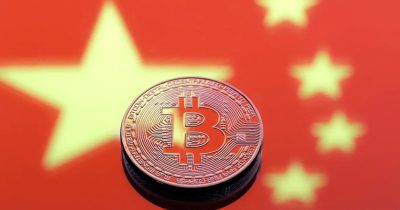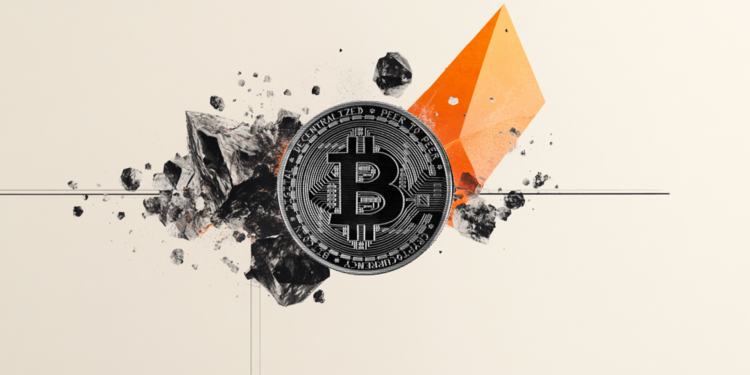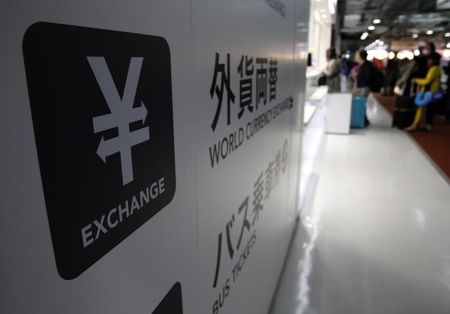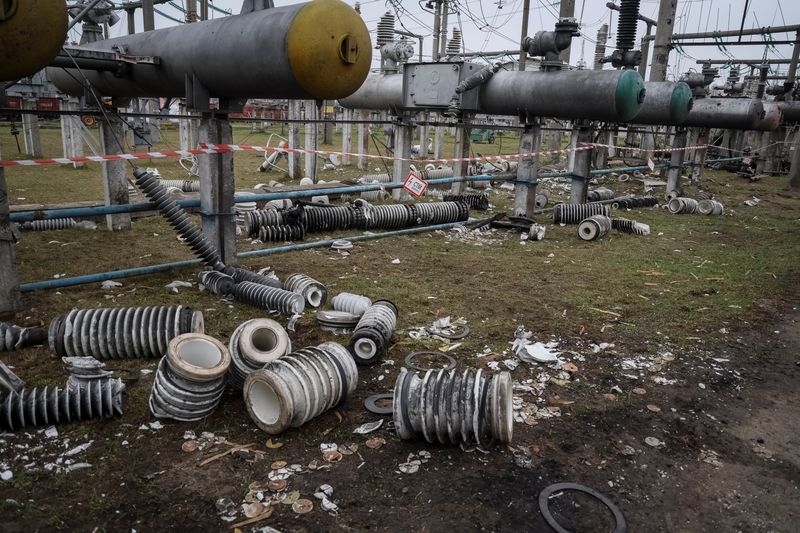Intel Dumps Altera at a Huge Loss
Intel (NASDAQ: INTC) announced on Monday that it had agreed to sell a 51% stake in Altera, the FPGA specialist it acquired in 2015, to investment firm Silver Lake. While Intel will retain a 49% stake in the company, it will relinquish operational control as Altera becomes an independent, pure-play FPGA provider.Intel acquired Altera nearly a decade ago as part of a plan to capture more spending in the data center. That plan has largely been a failure. Altera's revenue in 2024 was lower than in 2014, likely due to a combination of a tough field programmable gate array (FPGA) market and poor execution on the part of Intel. On top of Altera's lackluster performance, Intel has lost server CPU market share to AMD and watched as data center spending shifted to AI accelerators.With a renewed turnaround effort underway, Intel needs to both simplify its business and raise cash to continue investing in its manufacturing operations. This Altera transaction accomplishes both, although Intel is eating a multibillion-dollar loss in the process.Continue reading

Intel (NASDAQ: INTC) announced on Monday that it had agreed to sell a 51% stake in Altera, the FPGA specialist it acquired in 2015, to investment firm Silver Lake. While Intel will retain a 49% stake in the company, it will relinquish operational control as Altera becomes an independent, pure-play FPGA provider.
Intel acquired Altera nearly a decade ago as part of a plan to capture more spending in the data center. That plan has largely been a failure. Altera's revenue in 2024 was lower than in 2014, likely due to a combination of a tough field programmable gate array (FPGA) market and poor execution on the part of Intel. On top of Altera's lackluster performance, Intel has lost server CPU market share to AMD and watched as data center spending shifted to AI accelerators.
With a renewed turnaround effort underway, Intel needs to both simplify its business and raise cash to continue investing in its manufacturing operations. This Altera transaction accomplishes both, although Intel is eating a multibillion-dollar loss in the process.




